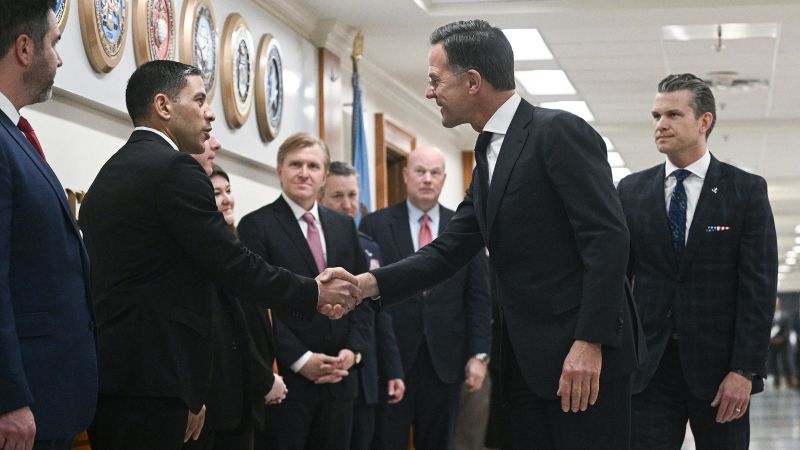In a recent revelation, Secretary of Defense, Pete Hegseth, reportedly fell afoul of Pentagon policy by using the messaging application Signal to engage in discussions concerning sensitive military operations. Following this news, Col. Ricky Buria, a close military aide to Hegseth, reached out to the Defense Department’s chief information officer with a request for an exception to the policy, enabling Hegseth to use Signal without restrictions. This inquiry raised eyebrows among senior officials at the Pentagon, as it was unusual for a military officer to make such a request rather than the civilian chief of staff of Hegseth.
In the weeks leading up to the reported misuse of Signal, Buria had also advocated for Hegseth to receive an additional desktop computer fitted with Signal in his office. Officially, the rationale was to allow Hegseth to foster personal connections through easy texting with family and friends, but the context suggests a more concerning motive. As per existing Department of Defense policies, Signal is explicitly prohibited for accessing, transmitting, or processing non-public DoD information. Exceptions to this rule, however, are permitted under specific circumstances, with requests being directed to the chief information officer.
It remains unclear whether Secretary Hegseth was granted the requested exception to use Signal or if he continues to utilize it for military operational discussions after the fallout from the now infamous “Signalgate” episode. Sean Parnell, the Chief Pentagon Spokesman, issued a statement affirming that Hegseth has never employed Signal on his government computer, though he declined to clarify why another computer in Hegseth’s office had Signal installed.
Col. Ricky Buria has navigated his role remarkably since serving both under Hegseth and the former Secretary of Defense Lloyd Austin. Recently, Buria submitted his retirement papers, making a significant transition toward a senior civilian advisory position rather than transitioning back into military service. His rising influence has led to speculation regarding his potential appointment as Hegseth’s new chief of staff, particularly following the imminent transition of Hegseth’s previous chief of staff, Joe Kasper.
Buria’s journey from military aide to a civilian advisor is not commonplace. Officials from both the Biden and Trump administrations have noted the unique nature of his close relationship with Hegseth. Upon taking office, Hegseth moved swiftly to eliminate retained personnel from the previous administration, suggesting a desire to suppress any possible dissent within his ranks. This has left Buria, alongside a few trusted advisors, as key figures within Hegseth’s team.
During a recent notable meeting, Buria appeared in civilian attire at the Pentagon and interacted with NATO Secretary General, along with Hegseth and other senior military officials. Previously, as a junior military assistant, Buria’s presence was largely limited to the background, carrying bags without drawing attention. This marked shift in his role indicates a significant level of trust Hegseth extends towards Buria, as he increasingly acts as a confidant and advisor.
However, doubts among current and former officials persist regarding Buria’s overall competence for a chief of staff role, especially given his relatively recent transitions and continued status as a recently retired colonel. Observations indicate he has begun advising Hegseth on sensitive political matters, which has raised concerns about his approach to interactions with senior military officials, including combatant commanders. Reports suggest Buria has become increasingly casual and unprofessional in these interactions.
Buria has also transitioned into a more overtly political role as evidenced by his recent activity on social media. His establishment of an account on X, where he began reposting messages from political figures and critical content about media coverage of Hegseth, reinforces his escalation into a politically charged environment. As advisors grapple with Buria’s sudden leap into the civic sphere, his past as a highly regarded Marine Corps officer complicates how he is perceived within military and political circles. This new role puts him in a challenging position, balancing his military background with the demands of a political advisor, a path few have successfully navigated before him.
In summary, the unfolding events around Secretary Hegseth and his aide Col. Buria encapsulate a blend of military protocol, personal ambition, and the complexities surrounding political maneuvering within the Department of Defense. As internal dynamics continue to shift and the lines between military and civilian advisory roles blur, observers will be closely watching the implications of Buria’s position in Hegseth’s inner circle and the broader ramifications for Department of Defense operations and personnel integrity.



